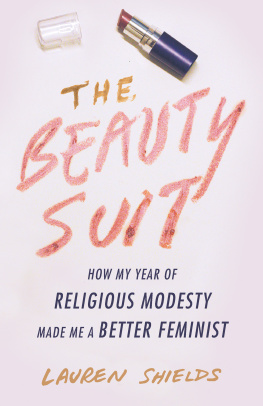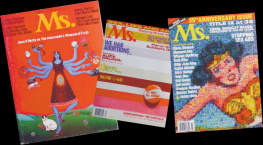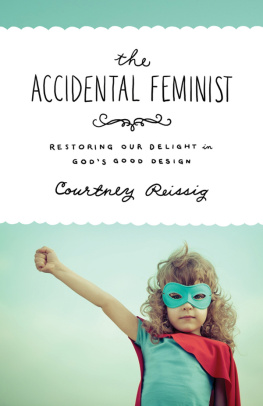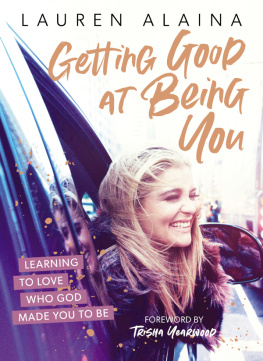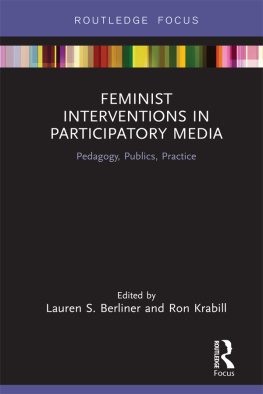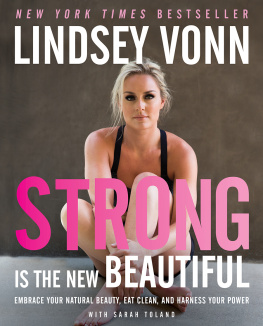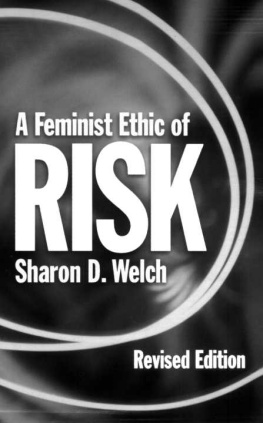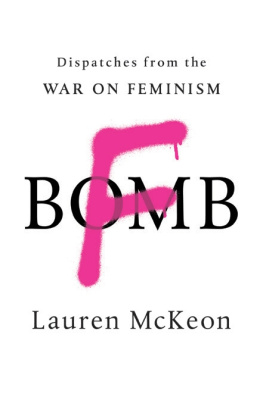Contents
Pagebreaks of the print version
Guide

For Mom, my first love;
And for Less. You were right. Shut up.
INTRODUCTION
WOMEN CAN DO ANYTHINGNO, NOT THAT
ATLANTA, JULY 2013
I stare at the screen, my head in my hands, peering over the tops of my fingers in shock. What is everyone so mad about? I moan.
For the nine months leading up to my thirtieth birthday, Id covered my hair, arms, and legs and stopped wearing makeup. I called my project the Modesty Experiment, and Id published a blog about it to stay accountable. Id written about it for Salon, and the reaction was... mixed.
Admittedly, I should have worded some things more carefully. Id called a young girl in a hijab who had inspired me half Muslim. That was dumb; I meant half Iranian. No one is half Muslim. Plus, Id used the phrase dressing like a Quaker when I meant dressing like a Quaker from 1695. I deserved the flak I caught for those.
What hurts are the grammatically correct paragraphs, in the comments section and via a flood of email, that amount to lots and lots of people saying, How dare you imply that a covered woman might not be oppressed? You should be ashamed of yourself, and, Youre supporting misogynistic Islamist ideology with your project. By doing this, you are hurting women everywhere. My loudest detractors are other women, most of whom are self-avowed feminists. Somehow, by covering my hair, arms, and legs for several months and claiming that doing so was liberating, I seem to have transgressed a sacred cultural boundary. I also seem to have implied that women should cover up, because it was somehow better.
But that was never my intention. I had experimented with religiously inspired modestyyou might say I veiled temporarilybecause I found it to be a way to resist the idea that a womans worth, and her power in the world, primarily depend upon being beautiful. Also, I hadnt done it to prove a point to others; Id done it because it had become abundantly clear to me that, although I saw myself as a liberated woman, I believed in my bones that what made me worthwhile was my ability to squeeze myself into what I would come to call the Beauty Suit.
This belief is not anomalous among women, as I learned during my experiment. Its also not mere vanity. Vanity is unseemly because how one looks is supposed to be unimportant, and obsession with something so frivolous is worthy of ridicule. But the truth is that women receive the message that nothing is more important than looking good, every single day of our lives. Beauty, we are told, is anything but frivolous.
Though I suspect most women know what I mean when I say the Beauty Suit, let me make it clearer. Fitting satisfactorily into the Beauty Suit is not just about a womans genes; its also about her willingness to make her body available to be looked at. A woman must not only be young, pale, and thin but also wear a costume when she leaves the house, one partly based on satisfying the male gaze. (I hate that I have to use such a Womens Studies 101 phrase, but when it stops being a thing, maybe we can finally fucking retire it.) Uncovered, stylish, done hair; makeup thats expensive and time-consuming but considered tasteless when theres too much; clothing that hugs our bodies and exposes our arms, legs, and sometimes stomachs and backs; shoes that are agonizing to wear and expensive to own but are somehow near mandatory for professional wear; these are the components of the Beauty Suit. The Beauty Suit takes our bodies as they naturally exist and adds enormous amounts of money, time, and effort, in quantities that men are never expected to approach (and in fact are sometimes made fun of if they appear to). A womans worth is judged by how perfectly she fulfills the so-called requirements of beauty. But even if she does not fulfill thembecause she is over forty, lets say, or carries more weight than is considered idealshe is still expected to wear the Suit. In fact, she must try harder, and if she does not, she is accused of the worst sin of womanhood: being a slob.
We know all this is hard, expensive, and ultimately unnecessary in the hunter-gatherer sense. We know beauty is oppressive and narrow and exhausting. And yet many women pursue it anyway. Why?
Because being willing to wear the Suit has become a prerequisite for empowerment. Women cannot possibly be liberated if we are not wearing it. Conversely, and perhaps more damaging, many of us have come to accept hotness as a substitute for powerand this is nothing more than misogyny, disguised as feminist rhetoric. Being able to influence the gatekeepers is not the same as having your own key, but weve convinced ourselves that it is.
This is a broad claim to make, and so first I would like to clarify what I am not saying. First, I want to resist the possibility that my project be used to tell women (again) how to behave in the world, especially if it sounds like a repetition of the tired old refrain, Cover up, or men will think youre easy. The Experiment was never about what men thinkits the opposite. In fact, I believe that the Suit is the costume for the primary role women are expected to playthat of a supporting cast member to mens lives and experiencesand I will reflect on how my taking off the Suit was the first step to getting off the stage. This book is not about men, except to the extent that the Suit supports toxic masculinity. And it does. This book is also not about what anyone other than me should do. Its simply an exploration of how beauty and empowerment have become conflated and how the religious traditions that inspire me view female modesty.
Second, modes of dress do not exist in a vacuum. There is always cultural context to consider, and so to advocate covering at all times would be meaningless and also potentially harmful. In ancient Rome, powerful women were veiled while slaves were forced to wear short skirts, signaling that their bodies belonged to others; in the 1920s, American women signaled their independence by wearing shorter and shorter skirts. In some parts of Africa, women go about their day with breasts bared and are not thought immodest; when Africans were dragged onto the auction block before the abolition of slavery, they were often stripped naked, a trauma meant to further dehumanize and objectify. In Afghanistan, the Taliban forced women to wear the burqa in public; in France, the niqab (a veil that covers the face except for the eyes, with a head scarf underneath) is banned, causing many Muslimahs (Muslim women) to mourn the loss of their option to cover. What is modest in some cultures is unnecessarily restrictive in others, and the significance of clothing choice changes with the context.
The culturally determined nature of the significance of clothing is precisely why covering, as opposed to exposure, was liberating for me, and its a point I want to make here. Implying that my experiences of womanhood were normative was another criticism I received, and that one wasnt wrong. I was raised by a single dad, so I received an especially heaping dose of conflicting messages from the world around me about what my femininity was supposed to look like. My English-teacher-turned-writer father loudly decried pop culture and enforced a no-junk-food rule in the house, while my only-woman-in-her-practice-physician mom reveled in makeup, trashy TV, and ice cream.

